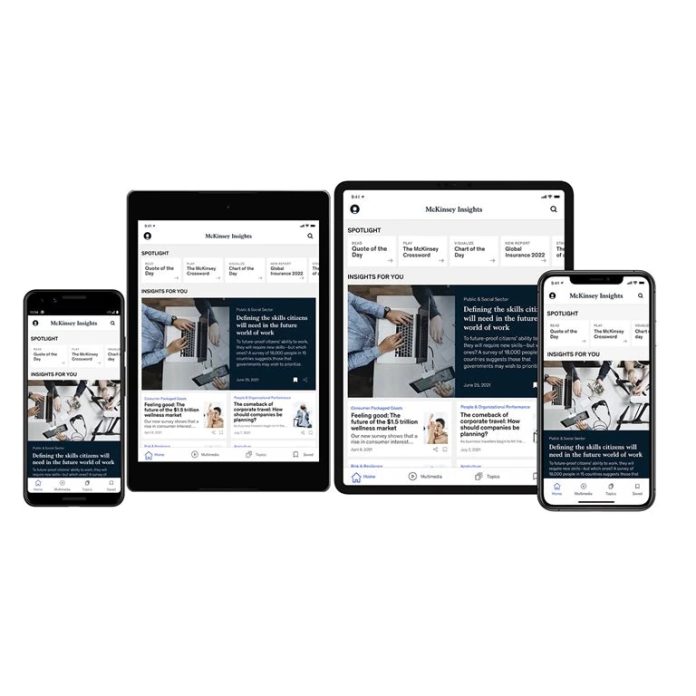The Transformative Power of Travel: A Case Study
Introduction
After the educational adventure of a lifetime, one family’s experiences illustrate the transformative power of travel—and how everyone can make the world their classroom. In this case study, we will analyze the impact of travel on personal growth, cultural understanding, and global perspectives. Through a data-driven approach, we will explore the key insights gained from this family’s journey and provide actionable recommendations for individuals and organizations looking to leverage travel as a learning tool.
Case Study Analysis
The Smith family embarked on a year-long trip around the world, visiting various countries and immersing themselves in different cultures. Through their travels, they gained valuable insights into the world beyond their own borders, expanding their knowledge and understanding of diverse perspectives. This hands-on experience allowed them to learn about history, geography, language, and social customs in a way that could never be replicated in a traditional classroom setting.
Key Insights
– Personal Growth: The Smith family experienced personal growth through their travels, gaining confidence, resilience, and adaptability in unfamiliar environments. This transformative experience helped them develop a sense of independence and self-reliance, which are essential skills in today’s globalized world.
– Cultural Understanding: By interacting with locals and participating in cultural activities, the Smith family gained a deeper appreciation for the diversity of the world. They learned to value different traditions, beliefs, and perspectives, fostering a sense of empathy and respect for others.
– Global Perspectives: Traveling to different countries exposed the Smith family to a wide range of global issues, from poverty and inequality to environmental sustainability and cultural preservation. This broader perspective allowed them to see the interconnectedness of the world and the importance of global cooperation.
Strategic Recommendations
Based on the insights gained from the Smith family’s journey, we recommend the following strategic actions for individuals and organizations looking to leverage travel as a learning tool:
1. Prioritize experiential learning: Encourage hands-on experiences and cultural immersion to facilitate personal growth and global awareness.
2. Foster cross-cultural communication: Provide opportunities for meaningful interactions with people from diverse backgrounds to promote cultural understanding and empathy.
3. Support sustainable travel practices: Promote responsible tourism and environmental stewardship to minimize negative impacts on local communities and ecosystems.
Market Trends
The travel industry is undergoing significant changes, influenced by technological advancements, shifting consumer preferences, and global events. Key trends include:
– Rise of experiential travel: Consumers are increasingly seeking authentic and immersive experiences that allow them to connect with local cultures and communities.
– Sustainable tourism practices: There is a growing awareness of the environmental and social impact of travel, leading to a rise in eco-friendly and ethical travel options.
– Digital transformation: Technology is reshaping the way people plan, book, and experience travel, with online platforms and mobile apps revolutionizing the industry.
Organizational Impact
For organizations looking to incorporate travel as a learning tool, the benefits are manifold:
– Enhanced employee engagement and retention: Offering travel opportunities can boost morale, job satisfaction, and loyalty among employees.
– Improved cultural competence: Exposing employees to different cultures and perspectives can enhance their cross-cultural communication skills and global awareness.
– Innovation and creativity: Encouraging employees to step outside their comfort zones and explore new environments can spark creativity and innovation within the organization.
FAQ
Q: How can individuals afford to travel for educational purposes?
A: Individuals can save money for travel by budgeting, prioritizing experiences over material possessions, and taking advantage of travel rewards programs and discounts.
Q: How can organizations support employee travel for learning purposes?
A: Organizations can offer travel stipends, professional development opportunities, and cultural exchange programs to support employee travel for educational purposes.
Conclusion
In conclusion, the transformative power of travel is undeniable, as illustrated by the Smith family’s educational journey around the world. By embracing travel as a learning tool, individuals and organizations can expand their horizons, foster cultural understanding, and develop global perspectives. Through experiential learning, cross-cultural communication, and sustainable practices, travel can become a powerful catalyst for personal growth and organizational impact in today’s interconnected world.


